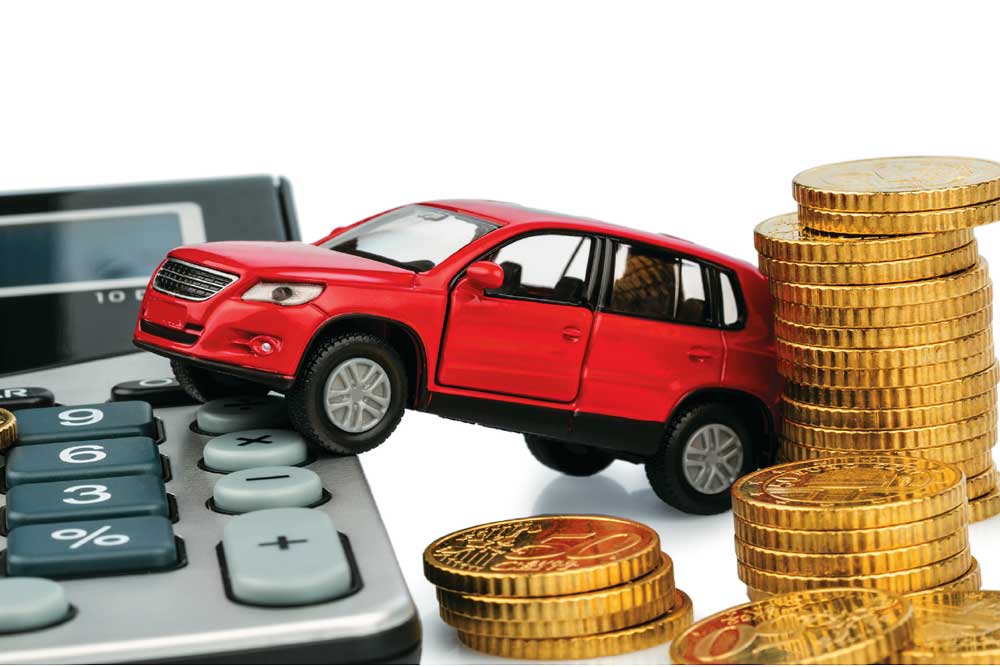Owning a car in India is just as much about aspiration of a growing middle class as it is about convenience and comfort. However, with ownership models undergoing transformation over the past few years bringing in lease and subscription options, does it make sense for a consumer to buy a car?
While leasing can be a good option, one needs to understand how car lease and car subscription are different from traditional car purchase options.
According to experts, leasing a car is like renting it for a specific period of time with terms that are tailor-made. Total cost of the lease is calculated based on factors like the ex-showroom value of the car, duration of the lease and the estimated residual value at the end of the lease.
Sunil Gupta, MD and CEO, Avis India, said, “Leasing as an option is increasingly getting popular in India because of its many benefits like no upfront down payment, cheaper monthly installments compared to a car loan, no hassle of maintenance and no headache to find a buyer at the end of the lease.” He also added that the biggest benefit is that it is cheaper for individuals to go for a lease rather than availing a loan mainly, because there is a tax break if you have leased a car from your company, which is missing in case of a car loan.
Subscription model on the other hand, though similar to lease, comes with lot more flexibility as one can end the subscription any time due to any reason whatsoever – be it switch or upgrade the car, change of job location or changing priorities. And they would have to pay only for the period, which they used the car.
Anupam Agarwal, Co-founder, Revv, an Indian car rental startup, which also offers subscriptions, cited the increasing number of people opting for car leases in developed markets is convenience. As for example in terms of never having to take the car into workshop by themselves as someone else takes care of the maintenance of the car, not having the hassle of filing for insurance claims because the leasing company does that, and the convenience of not having to sell the car at the end of four or five years because the car automatically goes back to the leasing company and they are the ones who sell it.
“In India, it is a very different story. Convenience of leasing is something that a vast majority of consumers are still unaware of. Lease is primarily sold as an employee benefit as part of the CTC scheme of the employer, which is why it is a rather small industry at the moment,” he said.
However, lease options are now available to individual consumers across brands. For instance, Hyundai India joined hands with ALD Automotive India in mid-May to offer flexible leasing solutions to salaried individuals, working professionals, small and medium enterprises, corporate and the public sector. On the other hand, Fiat Chrysler Automobiles has already been offering lease options to consumers through its partnership with Orix Auto Infrastructure. Mahindra and Nissan have also partnered with self-drive car aggregators to offer vehicles on lease.
Greg Moran, Co-founder and CEO, Zoomcar, stated that unless someone is planning to keep the car for six-seven years or beyond, it is not going to make economic sense for them to buy the car. “And there are very few people who would want to have the same car for that amount of time. To buy a car, an individual has to pay an upfront down payment of Rs1.5-2 lakh out of the pocket, often more. Whereas in case of a subscription, you do not have to pay anything upfront,” he added.

Moran further stated, “Another risk in buying a car is that you have to ultimately dispose it at some point of time. The residual value is not easy to forecast. And everyone knows that a car is a depreciating asset. So, in subscription or a lease, you do not have to worry about the whole back end residual value of the car and its disposal.”
Making subscription even more appealing than a lease, Zoomcar has introduced a new model where its subscribers can share the car when they are not using it and the money the car earns during that time offsets their monthly installments.
“We take a percentage of that action. By sharing their car when they are not using it, consumers can offset up to 70-80 per cent of their monthly installments,” Moran added.
Aditya Loomba, Joint MD, Eco Rent A Car–EuropCar, feels that it all boils down to how much the car would be used. “If the car is going to be used almost every day for long distances, then it makes sense to buy. But if you are using it occasionally, and driving short distances, then it makes more sense to go for lease,” he explained.
However, Karan Jain, Co-founder, Revv, feels that in the end, it is going to be a personal choice for consumer because in lieu of all conveniences, the leasing or the subscription company would charge a fee.“Someone who values convenience more would choose leasing. Whereas someone who is very price conscious, and is unwilling to pay anything extra would always chose to buy a car,” he said.
Agarwal further added that while lease is still for people who have a fair degree of certainty about how long they are going to use the car, but people who are looking for a lot of flexibility – that they will start and then see how it goes – subscription is the way to go as it offers the same.
With benefits like no down payment, hassle-free maintenance and insurance, and even an option of getting a replacement car when one’s car is in workshop, many people, especially the young generation, are now looking for options beyond traditional ownership.
vishav@outlookindia.com

